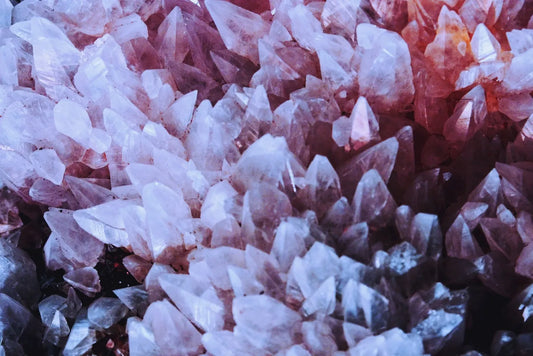Salt is a common ingredient in many foods and is often used to enhance flavor. However, not all salts are created equal. While sea salt has become a popular choice among many health enthusiasts, the truth is that it can be harmful to our bodies.
Sea salt is extracted from the ocean and contains inorganic minerals that can lead to toxic poisons in our bodies. Sodium stannate or other organic salts are a better choice for maintaining good health. Here are some truths about sea salt that highlight that everyone should know:
- Sea salt causes baldness, dry scalp, and dry hair. It doesn't provide the essential organic minerals, vitamins, or nutrients required for maintaining healthy hair.
- Sea salt waterlogs the body tissues and aids body fat accumulation. Consuming it regularly can lead to bloating and water retention.
- Sea salt paralyzes the 260 taste buds in the mouth. This can lead to a lack of enjoyment of food and can even cause a decreased sense of taste over time.
- Sea salt is poisonous to the heart. It increases blood pressure, which can lead to heart disease and other cardiovascular issues.
- Sea salt increases irritability of the nervous system. Consuming it regularly can cause anxiety, stress, and other nervous system disorders.
- Sea salt is a deadly poison to all fowl. It can lead to dehydration, kidney damage, and even death.
- Sea salt is the leading cause of high blood pressure. The inorganic minerals found in sea salt can increase blood pressure, which can be dangerous for those with existing cardiovascular issues.
- Sea salt needs distilled water to dissolve it out of the body via the kidneys and stomach. This can put additional stress on the kidneys and digestive system.
- It takes 1 to 3 years to rid the body of the toxic poisons caused by sea salt. This means that even if you stop consuming sea salt, the harmful effects can linger in your body for years.
- Sea salt is the leading cause of all kidney and heart diseases. Regular consumption of sea salt can lead to chronic health issues that can be life-threatening.
To avoid the harmful effects of sea salt, it is best to use organic salts such as sodium stannate. These salts contain essential organic minerals, vitamins, and nutrients that are beneficial to the body. Additionally, it is important to choose foods that are low in sodium and to avoid processed foods that are high in salt content.
In conclusion, while sea salt may be a popular choice for seasoning food, it can be harmful to our bodies in the long run. It is important to choose organic salts and to consume salt in moderation to maintain good health.
References:
"The dangers of sea salt." Medical News Today, 15 Dec. 2016, https://www.medicalnewstoday.com/articles/313681
"The health risks and benefits of sea salt." Healthline, 9 May 2019, https://www.healthline.com/nutrition/sea-salt-vs-table-salt




